Barefoot Running Sandals vs. Running Shoes
A barefoot running vs. running shoes “infographic”
I’m get all geeky over well-presented information, and the graphic about barefoot running and regular running shoes from XRayTechnicianSchoools.net is a pleasure.
Whenever someone says to me “Barefoot running can cause injuries” I remind them of the fact in 1/3 of the infographic: 90% (I heard 80%) of marathoners get injured each year.
When people ask me about wearing barefoot running shoes in the winter, I remind them of that big squiggly time line showing that for hundreds of thousands of years, we would walk and run barefoot, without shoes, in some pretty cold places (in other words, your body, given time, will acclimate).
And, I agree that being barefoot is not appropriate all the time… like when you want to get into a restaurant. Hence the value of our high-tech upgrade on the Tarahumara huarache-inspired shoes and sandals, where you still get a great barefoot feel, but can get into restaurants.
I also got a great flashback from the 1974 timeline: I vividly remember getting my first pair of Nike Waffle Trainers. What’s funny is that most people remember that it allowed you to land on your heel. I remember that it had such a large amount of “toe spring” (a curve up from the ball of your foot to your toes) that it kept me on my toes! (I was, and still am, a sprinter, so I don’t spend much time running on my heels).
AMAZING to see that barefoot running shoes are a $1.7 billion industry, in part because the market has grown MUCH faster than anyone imagined it would. But also because most of the barefoot running shoes are SO expensive. Minimalist shoes clearly doesn’t mean minimalist prices, it seems 😉
And, of course, I agree about the best way to start barefoot running (there’s no rush to make the transition out of running shoes and over to barefoot)

Created by: X Ray Technician Schools
The content of this post does not constitute and is not intended to be a substitute for professional medical advice, diagnosis or treatment. Always seek the advice of a physician or other qualified health provider with any questions or concerns you may have about your health or a medical condition.






